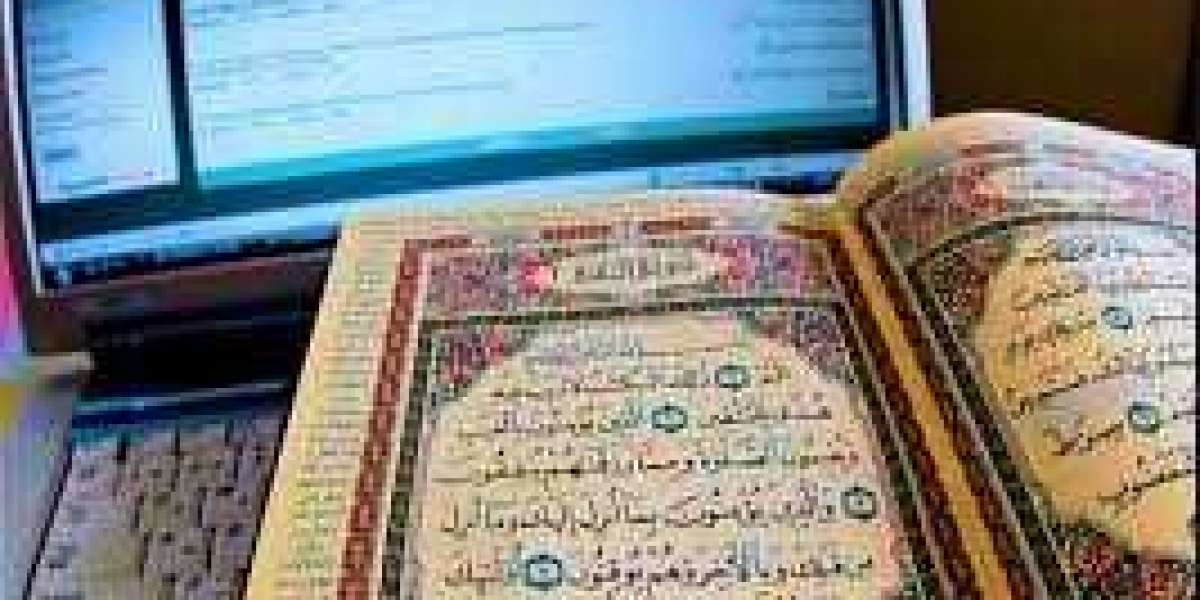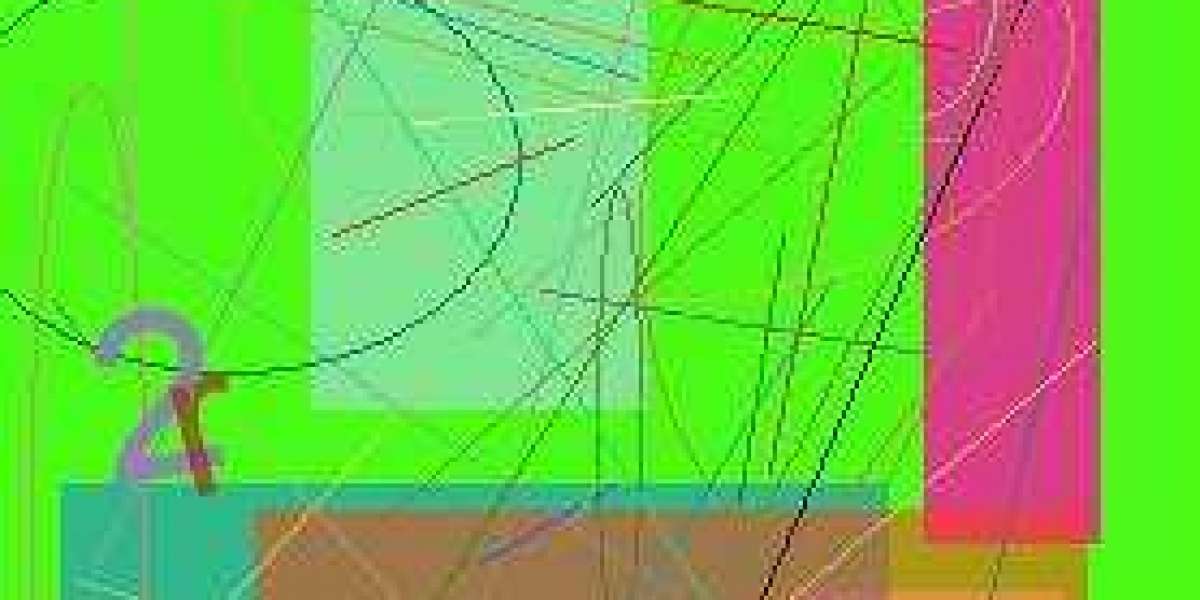Definition of the Ten Readings
Qur’anic reading is defined as one of the aspects of pronouncing the words of the Noble Qur’an, which is unique to one of the imams in contrast to others in the way and how the letters are pronounced, or in the form related to pronunciation, with the agreement of methods and narrations about it.
As for the science of readings; It is: the science through which the knowledge of how to pronounce the Qur’anic words, and how to perform them, whether in agreement or disagreement with each other, with the ratio of each aspect to the one who said it.
Some scholars have differentiated between the seven and ten readings, and considered that the seven readings are the frequent ones only, but this contradicts the saying of the majority of scholars, who appended to the seven readings three readings that Ibn Al-Jazari proved their frequency, and the scholars agreed with him on that, and the three readings are attributed to Imam Yazid Al-Madani, And Jacob Al-Hadrami, and behind Al-Baghdadi.
The majority agreed that only the ten readings are abnormal, and that the ten readings were taken by the successors from the predecessors, and the people unanimously agreed to accept them, And the reciters are like Ibn al-Subki, Ibn al-Jazari and al-Nuwayri’.
The origins of the ten readings
God revealed the Qur’an in seven letters; Which aspects of reading, and many prophetic hadiths indicative of that, including: What Imam Muslim narrated in his Sahih on the authority of Omar Ibn Al-Khattab - may God be pleased with him: صَلَّى اللَّهُ عليه وَسَلَّمَ أَقْرَأَنِيهَا، فَكِدْتُ أَنْ أَعْجَلَ عليه، ثُمَّ أَمْهلْتُهُ حتَّى انْصَرَفَ، ثُمَّ لَبَّبْتُهُ برِدَائِهِ، فَجِئْتُ به رَسولَ اللهِ صَلَّى اللَّهُ عليه وَسَلَّمَ، فَقُلتُ: يا رَسولَ اللهِ، إنِّي سَمِعْتُ هذا يَقْرَأُ سُورَةَ الفُرْقَانِ علَى غيرِ ما أَقْرَأْتَنِيهَا، فَقالَ رَسولُ اللهِ صَلَّى اللَّهُ عليه وَسَلَّمَ: أَرْسِلْهُ، اقْرَأْ، فَقَرَأَ القِرَاءَةَ الَّتي سَمِعْتُهُ يَقْرَأُ، فَقالَ رَسولُ اللهِ صَلَّى اللَّهُ عليه وَسَلَّمَ: هَكَذَا أُنْزِلَتْ، ثُمَّ قالَ لِي: اقْرَأْ، فَقَرَأْتُ، فَقالَ: هَكَذَا أُنْزِلَتْ، إنَّ هذا القُرْآنَ أُنْزِلَ علَى سَبْعَةِ أَحْرُفٍ، فَاقْرَؤُوا ما تَيَسَّرَ منه
It should be noted that the mutawatir readings in their entirety do not depart from being the revelation of God Almighty that He revealed to the Prophet - may God’s prayers and peace be upon him - with its seven letters, as was previously indicated in the hadith, and based on it; The frequent recitations are not the ijtihad of the reciters of the Companions or the followers; It is attributed to them by choice and fame, not by opinion and ijtihad, knowing that most of the words of the Qur’an were not revealed except in one aspect, and the frequent readings were in some of the words of the Holy Qur’an.
The relationship between the Qur’an and the readings can be summed up by saying that they are one reality as they are a firm revelation from God - Glory be to Him.
It should be noted that during the era of the Companions - may God be pleased with them - the recitations were attributed to them, or to the cities in which they lived. It was said: The recitation of Abdullah bin Masoud, or the recitation of the people of Kufa, and after the end of the era of the Companions it became attributed to the followers and their followers of the reciters; Because they began to study the readings in various aspects.
The reading in the city was known as the reading of the group, the public, or the reading of Zaid bin Thabit; It is the recitation with which the Prophet, may God’s prayers and peace be upon him, recited the Qur’an to Gabriel, peace be upon him, twice in the year in which he was arrested. In addition to this recitation, other readings were attributed to some of the Companions.
And every country reads according to what agrees with the drawing of the Qur’an and leaves what contradicts it during the era of Othman - may God be pleased with him - and one of the most famous readings after the group’s reading is the reading of Abdullah bin Masoud, which is the reading of the people of Kufa, and the reciters used to choose a reading from among the readings from their sheikhs, And they teach it to their students as the Companions - may God be pleased with them - did in the early centuries.
READ MORE:







